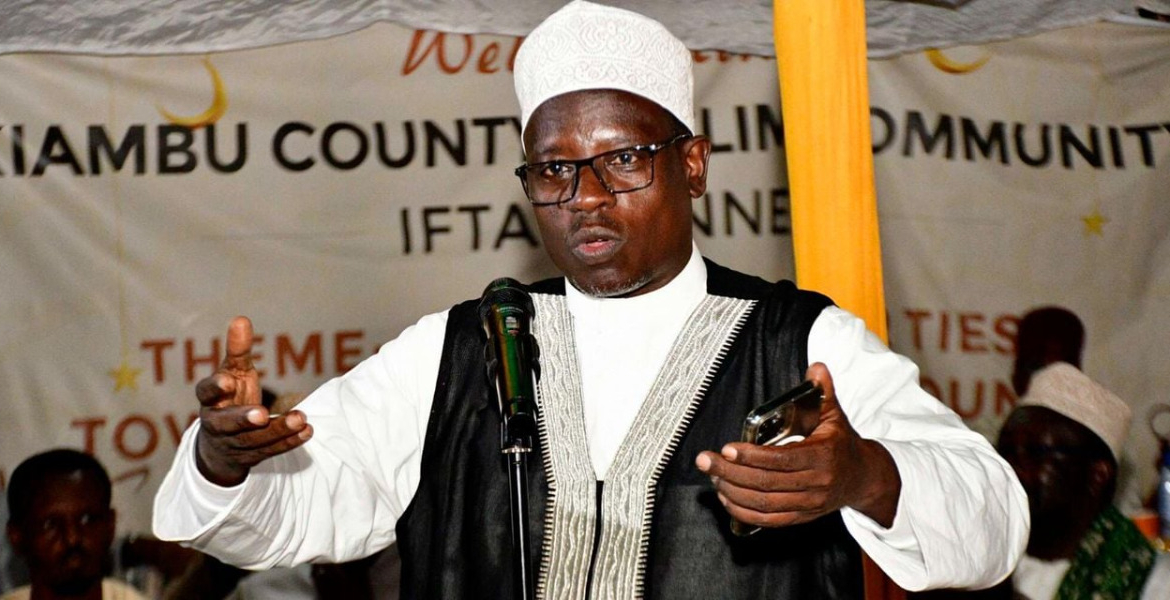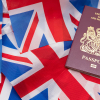Churches and Muslim Leaders Reject Government Plan to Regulate Religious Institutions

Kenya’s major Christian and Muslim leaders have jointly opposed a government proposal to regulate religious organisations, calling it unconstitutional and a threat to freedom of worship.
The Draft Religious Organisations Policy, 2024, and the accompanying Religious Organisations Bill, 2024, aim to introduce a new framework for registering and monitoring faith-based institutions. The government says the measures are intended to prevent exploitation and extremist practices. However, the Church and Clergy Association of Kenya (CCAK) and other faith bodies argue that the proposals amount to state interference in religious affairs.
Speaking in Nairobi on Wednesday, Bishop Hudson Ndeda, the CCAK’s national chairperson, urged President William Ruto to suspend the process and allow wider consultation. He said the proposed law violates the constitutional separation between church and state.
“The Constitution is clear that the state and religion are separate. We do not understand why the government wants to regulate religious institutions while introducing punitive fines and jail terms,” Bishop Ndeda said, describing the proposals as “anti-Christ.”
CCAK leaders said the restrictions on online preaching and financial penalties resemble sections of the Computer and Cybercrimes Act, warning that the measures would unfairly target independent Christian broadcasters. They also criticised plans to create a government-controlled Religious Affairs Commission, saying it would undermine the independence of religious organisations.
Government officials defended the proposals, linking them to lessons from the Shakahola massacre, in which more than 500 followers of preacher Paul Mackenzie died in a starvation cult. The draft law follows recommendations from the Presidential Taskforce on the Review of the Legal and Regulatory Framework Governing Religious Organisations, led by Rev. Mutava Musyimi.
Officials say the measures are meant to stop the misuse of religion to exploit or harm people. They include penalties for coercing followers into dangerous practices or collecting money through false claims of miracles and healing.
Muslim leaders raise constitutional concerns
The Supreme Council of Kenya Muslims (Supkem) also opposed the proposals, warning that the planned Religious Affairs Commission would be unconstitutional and open to political influence. Supkem national chairperson Hassan Ole Naado said the commission lacks the independence required for such a sensitive role.
“The Supreme Council finds this commission too exposed and vulnerable to be entrusted with such matters,” he said. “Article 249 of the Constitution clearly outlines which bodies are mandated to handle these affairs, and this proposed entity is not among them.”
Supkem further objected to the idea of imposing term limits on religious leaders, saying it would interfere with the internal governance of faith communities. Other denominations voiced similar concerns. Deliverance Church of Kenya leader Bishop Geoffrey Njuguna said the proposals would make churches operate like government departments, despite already having internal constitutions and codes of conduct.
The Pentecostal Church of Kenya warned that the bill would impose heavy compliance burdens on smaller congregations. Some pastors also criticised clauses that criminalise certain fundraising practices, describing them as attacks on the church.
Under the draft law, religious institutions engaging in political campaigning could face fines of up to Sh500,000 or six months in jail. Harsher penalties, up to Sh5 million or 20 years in prison, would apply to those found coercing individuals into harmful religious acts or obtaining money through fraudulent claims of healing or blessings.
The proposed Religious Affairs Commission would be responsible for registering all religious entities, developing a code of conduct, and overseeing their activities. Four of its nine commissioners would be appointed from government offices, a feature critics say compromises its neutrality.





Add new comment